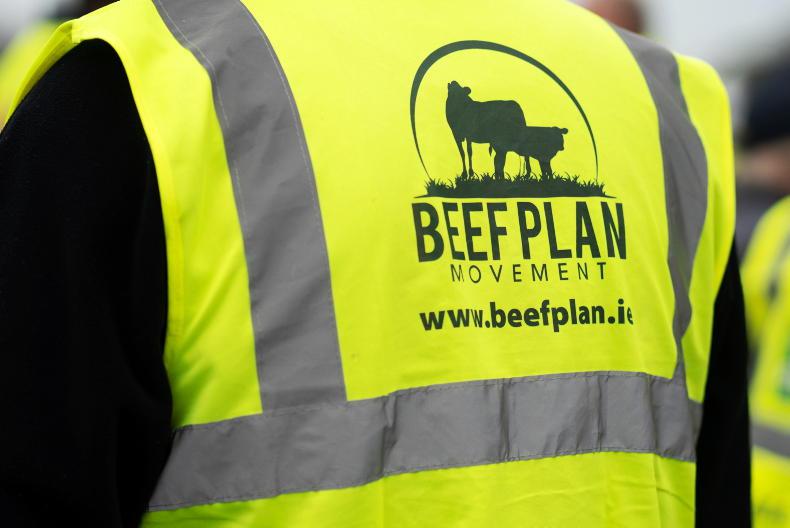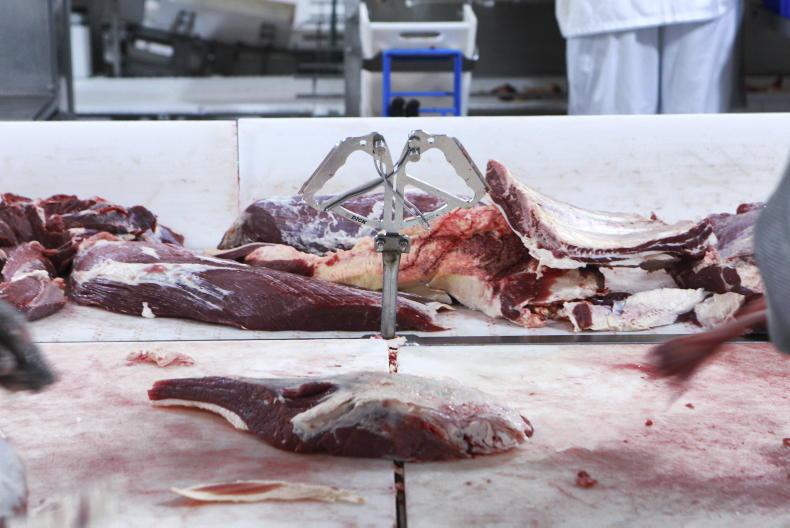A civil servant, who is also a part-time farmer, was issued with a verbal warning after his bosses at the Department of Agriculture discovered that he was part of a Beef Plan Movement delegation involved in talks with the then Minister for Agriculture.
Now, a State workplace watchdog has rejected the civil servant’s claim that he was penalised for being a member of the Beef Plan Movement by the Department of Agriculture for highlighting work and safety practice issues.
In the case, the part-time farmer and employee of the Department of Agriculture was issued with a verbal warning after his bosses became aware that he was a member of the Beef Plan Movement where he had not obtained prior approval.
Disciplinary proceedings
The Department instituted disciplinary proceedings after it emerged that its employee was part of a Beef Plan Movement delegation involved in discussions in September 2019 with the then-Minister, Michael Creed, and Department officials in relation to the establishment of a new beef producer organisation in order to collectively negotiate beef prices with meat factories.
The warning to the civil servant stated that he must not make representations, nor must he be engaged in or connected with any activity which would in any way conflict with the interests of the Department.
The Department issued the verbal warning to the veterinary laboratory attendant in October 2019 after finding that he breached the Civil Service code of standards and behaviour.
The code stipulates that civil servants may not at any time engage in or be connected with any outside business or activity which would in any way conflict with the interests of their Department.
Retaliation
In his case before the Workplace Relations Commission (WRC), the civil servant claimed that he was penalised in retaliation for him making claims of unsafe work practices which have damaged his health.
The Department is separately rejecting this contention and in his findings, WRC adjudication officer Eugene Hanly has found that the Department’s disciplinary action against the employee was not penalisation for making a complaint, rather it was a normal and unrelated exercise of management within this employment.
Mr Hanly stated that he has found no evidence to support the civil servant’s claim that the issuing of the verbal warning “was done in retaliation to his workplace claims about health and safety”.
Mr Hanly found that the Department of Agriculture acted reasonably in how it dealt with the matter.
He stated that the Department initially sought to deal with it informally, seeking assurances from him to cease his involvement in the Beef Plan Movement and that this was rejected by the civil servant and part-time farmer.
The Department stated that the disciplinary processes were appropriately applied and carried out in this case.
The Department stated that the sanction handed down, a verbal warning, expired in April 2020.
The Department stated that it is now completely removed from the complainant's record and it had no adverse impact on any aspect of the complainant’s duties, privileges or remuneration during its period of effect.
Implications
On behalf of the Department employee, Des Fagan of Fórsa trade union told the WRC as a part-time farmer there are implications for him due to the nature of the restrictions imposed by the verbal warning.
Mr Fagan stated that the warning could mean that he is not permitted to make claims arising from his farming interests to the Department.
The civil servant also made other claims to the WRC and Mr Hanly has dismissed all of them.









SHARING OPTIONS